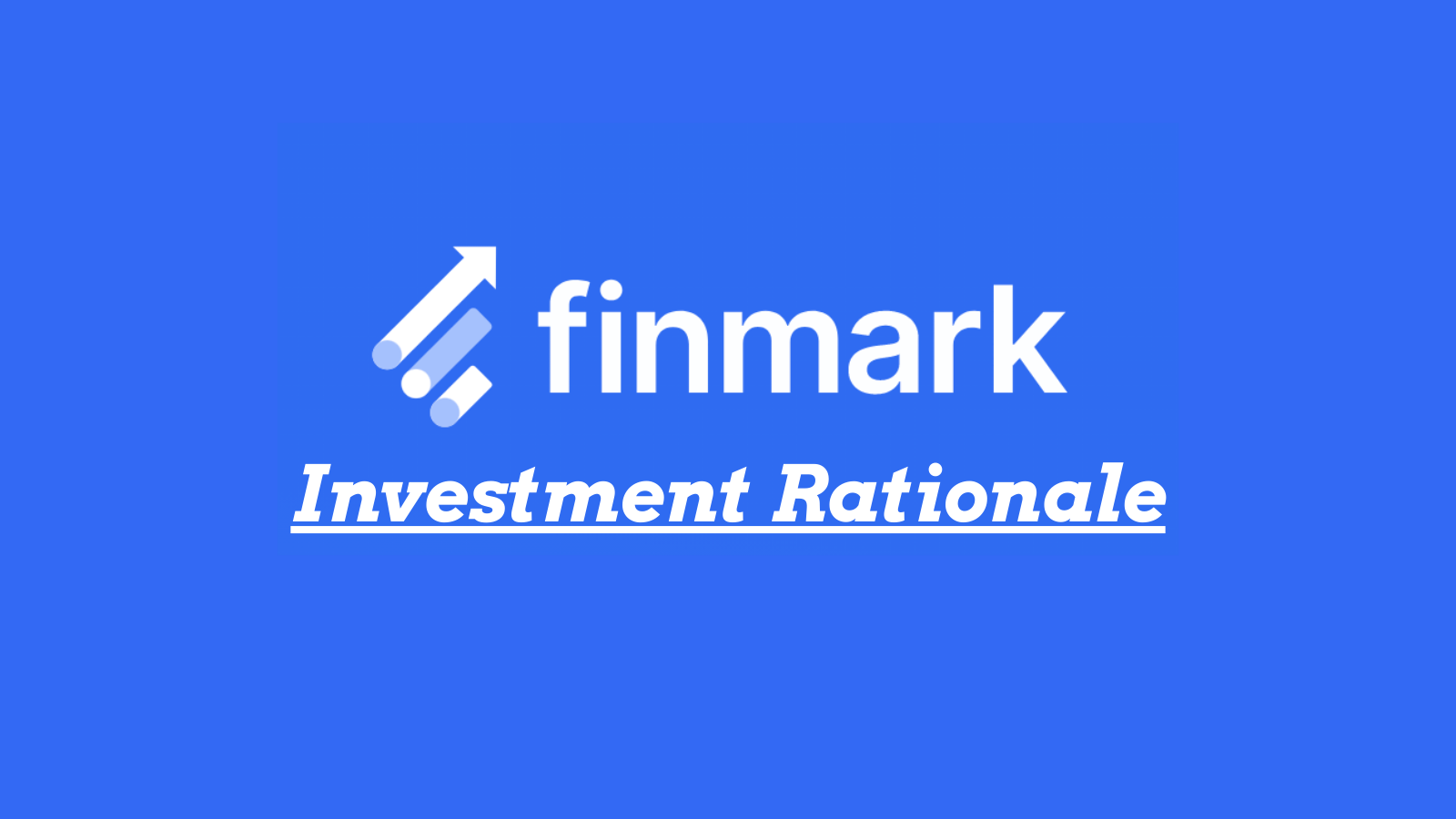There is a foundational problem with early-stage startups: inaccurate financial models. These poorly constructed models result in a host of problems for entrepreneurs, as visibility into their business is paramount for any leader. By relying on inaccurate data and/or models, they are bound to take missteps. Not to mention the fact that Excel models are hard to update and can be error-prone, so even if an entrepreneur discovers that their model is flawed, they may struggle to remediate any issues. From York IE’s position as an early-stage investor, we see this problem on a daily basis. For most venture capital investors, financial models play a significant role in their due diligence process. Investors rely on startups to provide them with their models to help evaluate the health of the business and the planned trajectory of growth. Deeply flawed or inaccurate financial models force investors to either build their own models off of raw data (not likely!) or force the startup’s leadership team to spend time fixing the issues. And while no one wants to listen to the plight of an investor, the core problem of inaccurate financials has numerous negative effects on a startup beyond interacting with potential investors.
York IE’s latest investment, and recent graduate of Y Combinator’s Summer 2020 cohort, Finmark, was founded to alleviate this problem. Founder and CEO Rami Essaid previously founded and led cybersecurity firm Distil Networks (a former York IE angel investment) until its exit to Imperva Networks in 2019. He says one of the biggest pain points his team at Distil had was, “Understanding where our projections were relative to what we were actually doing as a company. So many times we were running our entire business off of Excel, and so many times the forecasts of what we thought we were going to do were wrong.”
It is no secret that when investors deploy capital to a pre-revenue startup, the founding team is one of the most important and evaluated components of the company. In this scenario, York IE was excited to invest in Finmark’s team due to Rami Essaid’s previous success founding and exiting Distil Networks, a company in which Kyle York was an angel investor. Kyle had a front-row seat watching and advising Rami as he scaled Distil Networks from an early-stage startup into a strategic acquisition for Imperva, a large cybersecurity provider. Rami and Kyle’s experience together made it very easy for York IE to validate the quality of the team and their leadership at Finmark, and gives us high confidence that this team can repeat their previous success with Finmark.
Prior to Distil, Rami has worked in sales and marketing for Neustar (a Dyn competitor where Rami and Kyle first met), Learning Tree Intl, and GMR Marketing. Joining Rami on Finmark’s leadership team are Chief Product Officer, Greg Lissy, and Chief Technology Officer, Jeremy Neuberger. Greg brings over 20 years of product experience to Finmark having previously worked as an executive at Microsoft, Citrix, RedHat, InsightFinder and SolarWinds. Jeremy has over 10 years of experience leading and working on engineering teams, including time as VP of Engineering at InsightFinder and Director of Engineering at TravelTab (Frontline Technology Solutions). The combined leadership, GTM, product, and engineering experience of Rami, Greg, and Jeremy provide Finmark with a well rounded founding team that is primed to bring easy and accurate financial modeling to startups.
Finmark is helping startups move away from the manual processes of Excel by providing financial modeling intended to help founders understand their business model, runway, cash flow, hiring plans, KPs, etc. in an easy way. Finmark eliminates the need for complex spreadsheets with a simple to use platform, so founders can easily create, update, and share their financial plans. This ease of use will help founders understand their business at a deeper level and enable them to ensure their financials hit the mark.
In the spirit of making the platform user-friendly, Finmark has a rapid onboarding process that walks an entrepreneur through the process of building out a financial model for their company in minutes. Using simple, clear questions and a step-by-step wizard, the user is able to determine the revenue model (ex. subscription), expenses, and cash position/needs that compromise their business, leading to a precise model tailored to the company. By bringing this information together with accounting data from integrations with tools like QuickBooks, the platform helps visualize; runway, hiring plans, fundraising needs, metrics and reporting. Finmark integrates with a startup’s entire stack to reconcile actuals without any manual entry. Integrations include accounting software like QuickBooks & Xero, payment processors like Stripe, Payroll like Gusto & ADP, and even a company’s bank account.
It needs to be understood that Finmark is entering a competitive space. As TechCrunch noted, “Companies like Anaplan and Adaptive Insights have been able to move modeling like this beyond Excel.” However, these tools have been designed and priced for large enterprises. Finmark is building a tool that is targeted at startups, made for founders by founders, but can be useful for any company, regardless of size. Beyond pricing, Finmark will also differentiate from competition with a product that helps customers build models that are specific to their business model. This is how they will differentiate from other competitors, like Liveplan, that are focused on smaller customers. Their intuitive process for walking a founder through model creation is unmatched in the market, and this level of user experience will make them the de facto solution in the market. An additional future moat for Finmark will be benchmarking capabilities. As their customer base grows, the company will have significant data on the financial performance of startups across the ecosystem. By anonymizing and aggregating this data Finmark will be able to show a founder certain benchmarks compared to others, as well as give them guidance on best practices. Providing a founder quantitative ranges on how much other startups at a similar stage and/or sector are investing in marketing will be extremely useful for Finmark’s customer base.
No two startups are the same. That’s why relying on canned models is so dangerous. They don’t take into account all the things that make a company unique. With Finmark, every model is custom-tailored to the business. This leads to the most accurate financials possible because they’re not some best guess. They are truly the customer’s financials.
While Rami and team surely found value from the Y Combinator summer cohort, their inclusion in the accelerator also served as the company’s initial GTM strategy. Rami was able to sign on dozens of peer startups from the program as customers/users of Finmark. These companies fit perfectly into Finmark’s target audience and are highly exposed to the investor community. When investors engage with this class of Y Combinator startups, they will be reviewing financial models created with Finmark, and hopefully will lead them to introduce the product to other startups they engage with in their portfolio and daily activities. This has the potential to help create an incredibly strong brand for Finmark in the startup ecosystem and hopefully lead the company to be the de facto choice for startups when creating their financial models.
Moving forward, Finmark will continue to capitalize on the founding team’s large network in the startup ecosystem. Rami has previously gone through the Techstars accelerator program and has a relationship with Mindshare as well. Between Y Combinator, Techstars and Mindshare, there are over 6,000 companies that Finmark can target. In addition, the Finmark team has over 160 investor relationships, with each having the potential to scale Finmark’s outreach exponentially.
While York IE strongly believes this early GTM strategy will bear fruit, our services team will be influential in helping Finmark grow its brand and marketing capabilities, expanding the company’s reach to startups outside their large network.
Another key to the GTM strategy will be future product development. Growing with their early-stage customers, Finmark will have to continue to add features and functionality to their product to serve larger companies’ needs. Rami told TechCrunch that he, “Thinks he can turn early-stage startups into paying customers, who eventually will pay significant money to have a tool like this to help them manage all of their finances in a professional manner.”


